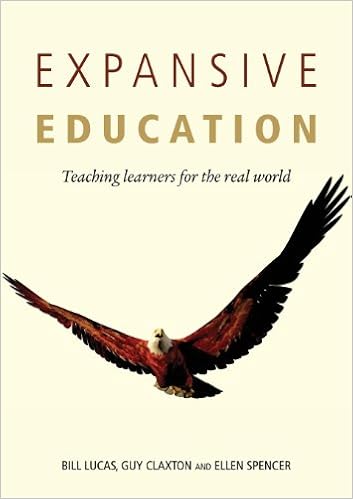It was a brilliant showcase of the changing nature of education and we need to get this film out there so as many people can see it as possible. It was great to have so many people there - I just feel that most of those people were already 'sold' on the idea of why education is changing.
Although there was lots to take-away from the film, the biggest thing for me was the need to for (some) parents and older generations to get their head around school is not about content anymore.
Content is free now - it's on every internet device.
-MLTS film
I recall a moment in about my fourth year of teaching. At the time I was living in the small town of Kirwee, about 40km west of Christchurch. Nana was visiting and I was giving her a grand tour. She asked a question about the geography of the land and we I said I didn't know the answer, I remember very clearly her reply...., "but you must, you're a teacher". It is a sign of her era, where the teacher was the giver of information, and the children were the sponges to soak up what they could.
As we move into an increasingly technological world, we need students who will be thinkers, innovators, collaborators, and people who can fail intelligently without being defeated. A robot will do everything else!
It brought together a lot of the things I've been reading for my role in the Innovation Incubator team, particularly what I have learnt from Claxton.
As we move into an increasingly technological world, we need students who will be thinkers, innovators, collaborators, and people who can fail intelligently without being defeated. A robot will do everything else!
It brought together a lot of the things I've been reading for my role in the Innovation Incubator team, particularly what I have learnt from Claxton.






